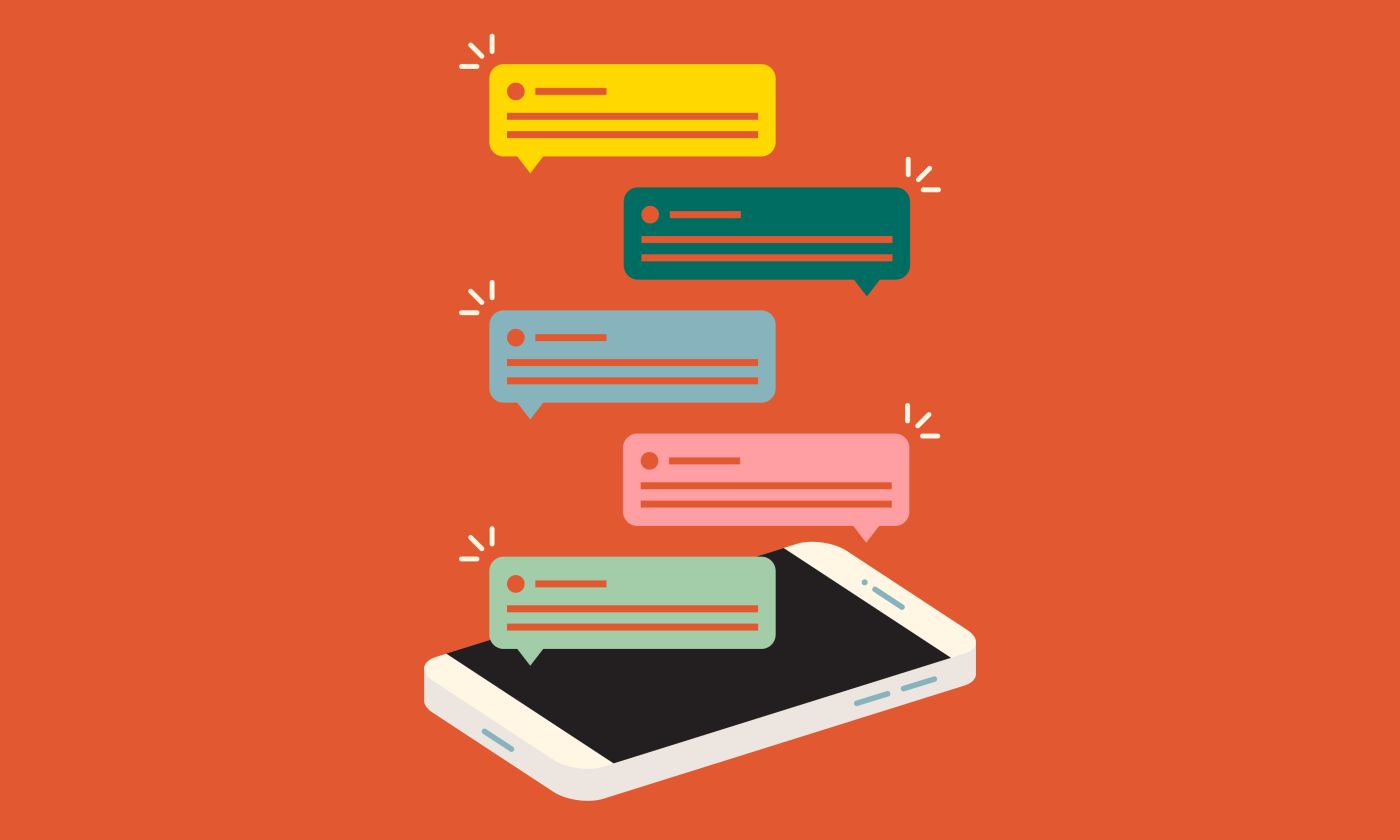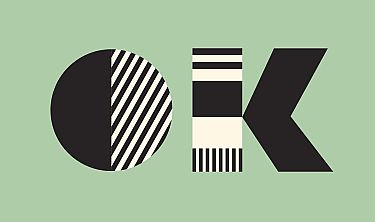Always within arm’s reach, justified as a tool for your business (which it absolutely is), your phone is the silent killer of your productivity. More than that, its mere presence can destroy your cognitive capacity. The science is clear – so put your phone away and read on to learn what you can do to triumph over your technology.
The Struggle is Real
You likely know that checking your phone all the time isn’t good for you. But consider this: researchers did an experiment where subjects had to perform a simple thinking task, like a memory puzzle or word game. Some subjects had their phones on the desk, some had it in their backpacks, and some had it in a different room. With your phone on your desk even if it’s not on, researchers found that your working memory drops by 10% and your fluid intelligence drops by 5%. You still feel these effects, though not as drastic, if it’s still in the same room. Another study found that you score 5% less on intelligence tests if your phone is on the table – even if it’s in airplane mode.
When we rely on our devices to do our thinking, we lose our capacity for memory, clarity, and concentration. We also fall into what professor Leslie Perlow calls the “pervasive responsiveness trap.” By anticipating an interruption or need, we’re already out of the moment that we’re in. The expectation to be ever-available and hyper-connected erodes our ability to be present. Studies have also shown that having your phone on your desk while talking to a friend makes you feel less close to them – imagine how that affects successful work interactions or client relationships.
It Only Takes A Moment
In spite of all of the multitasking that we think we do, our brains are terrible at it. When we divide our concentration, the parts make up less than the whole. According to research, “even though the actual moment of interruption from a phone notification is brief, it interrupts our thoughts for a considerably longer period, making it tough to get back on track.” The mental rabbit hole – wondering who it could be, wondering what they need, remembering that email that you have to send, wondering if it’s that email you were anticipating… Your concentration is gone all from one simple notification that has compounding effects.
No Phones In the (Situation) Room
Simon Sinek talks about his experiences working with top government officials, and marvels at their clear, and helpful, boundaries around technology. “In a classified or top-secret room,” he explains, “there are no devices allowed. It’s a two hour briefing and then one hour when you talk and discuss. The level of conversation that happens when no one is allowed to check out is great.” There are a few scheduled breaks where everyone goes and checks their devices, but then they come back to the room and leave the devices outside.
A smaller experiment? When you’re waiting for a client or staff meeting to start, you’ll likely notice that everyone is on their phones. These are missed opportunities to build relationships and connections. Sinek talked about one company that banned cell phones from their conference room, and they saw “meetings become more important, and trust and cooperation skyrocket.”
Do Not Disturb
There are lots of great apps out there to incentivize you to put your phone down, but the most effective practice is just to put your phone away. Do Not Disturb mode is a great place to start, and there’s always Airplane Mode if you’re feeling ready for a real challenge.
The fact is, no one else is going to do this for you. No app or tool will break your dependence. The good news is that behavioral change often works backwards. You can change the structure of your environment (removing your phone for certain work periods!) and your thinking will follow.





